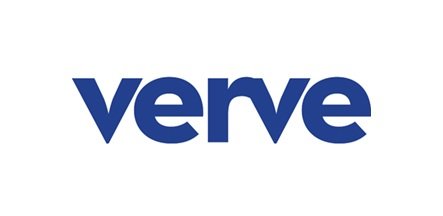Martha Archer - Mill City Farmer's Market
/Martha Archer has a flair for marketing. Her love of kohlrabi helps, too, as she manages Minneapolis’ Mill City Farmer’s Market.
Buoyant and responsive, and aspirational by nature, Martha understands that the pageantry of a street fair is the perfect venue to elevate even humble root vegetables.
“Mill City narrows the divide between people and their food,” Martha offers. “The market is a showcase, a rich experience. The farmers are here, and they encourage tasting. The coffee, the bread – the smells intoxicate. Our chefs are cooking and they provide recipes with 3 to 5 ingredients. They remind people how simple food is. How good simple food really is.”
Everything at the downtown market comes from farms near the Twin Cities. Those who shop come for the organic produce, to learn cooking techniques, and for the camaraderie of being in a lively crowd. “People walk their dogs here. Some people just have the day off, “ Martha observes. “Conversations happen. People buy beets, but people come for the people watching, too.”
On a warm summer Saturday, the stream of patrons filing past tented market stalls filled with flowers, fruit and vegetables, local honey, cheese and grass-fed meats feels celebratory. Open since 2006, the Market is at the center of an emerging residential neighborhood, and close to the Guthrie Theater, US Bank Stadium, The Commons Park, and the Mississippi River. The Market initially filled the void in a food desert, and the weekly gathering has become a reliable and vibrant “third place” downtown. “Third places” are places where people gather and interact when not at home (first place) or work (second place).
“That’s not how we market it,” Martha says, “but we are the stewards of that vision. That appreciation for public spaces, for gathering spaces, is growing in a big way for a new generation in downtown Minneapolis.”
The ancient market, it seems, has been re-defined.
Farmer’s markets provide not only animated gathering spaces, a draw to both residents and tourists, but are helping to re-shape small scale agriculture. Land acquisition is a major challenge for would-be farmers. Mill City provides both a commercial venue for farmers and small business grants so farmers can make a living on smaller plots of land and closer to the city by employing new technologies and sustainable methods.
Martha and her team manage the success of Mill City by actively curating the market.
“A right balance of vendors matters,” Martha says. “Year to year we try to predict what consumers want. We control the competition and the range and quality of products offered so our farmers can charge the real price of food. We let farmers make a profit. Too many cheese vendors? We scale back on cheese next year. Our farmers are part of that decision-making. They collaborate so they all survive.”
Martha’s marketing side also recognizes that successful shopping provides a full experience, and so she and her team have hired musicians and storytellers to entertain the crowds. To promote trying new foods, kids who come to the market each get a $2 coupon to put toward buying a new vegetable. The hope is that the market’s programming will draw new customers, and bring them back for the experience, and the produce, week after week.
So how did Martha transition from an early career marketing luxury items for retail giants Dayton’s and Target to helping her vendors select colorful tablecloths for display and packaging ideas for dried beans?
Martha laughs, “I had a yoga epiphany. Mid career, I needed a change. I still wanted to manage relationships, and help vendors grow sales, but I needed work that aligned with my values around sustainability and local food. A career counselor told me that I was in the ‘right church, wrong pew’.”
Martha continues, “On my birthday, over a kettle of boiling sap at my kid’s school’s farm, I realized that I could feed and fill consumers in a different way. At Mill City Farmer’s Market, I get to create a place that is an inspiration, a way in, for a healthy community.”
Martha's market work supports good food, good community, good health. Access to kohlrabi is an on-the-job perk.
Minneapolis' Mill City Farmer's Market is open Saturdays, 8 am - 1 pm, May to October near the Guthrie Theater, and Tuesday evenings 4 pm - 8 pm, June to September at The Commons Park.










